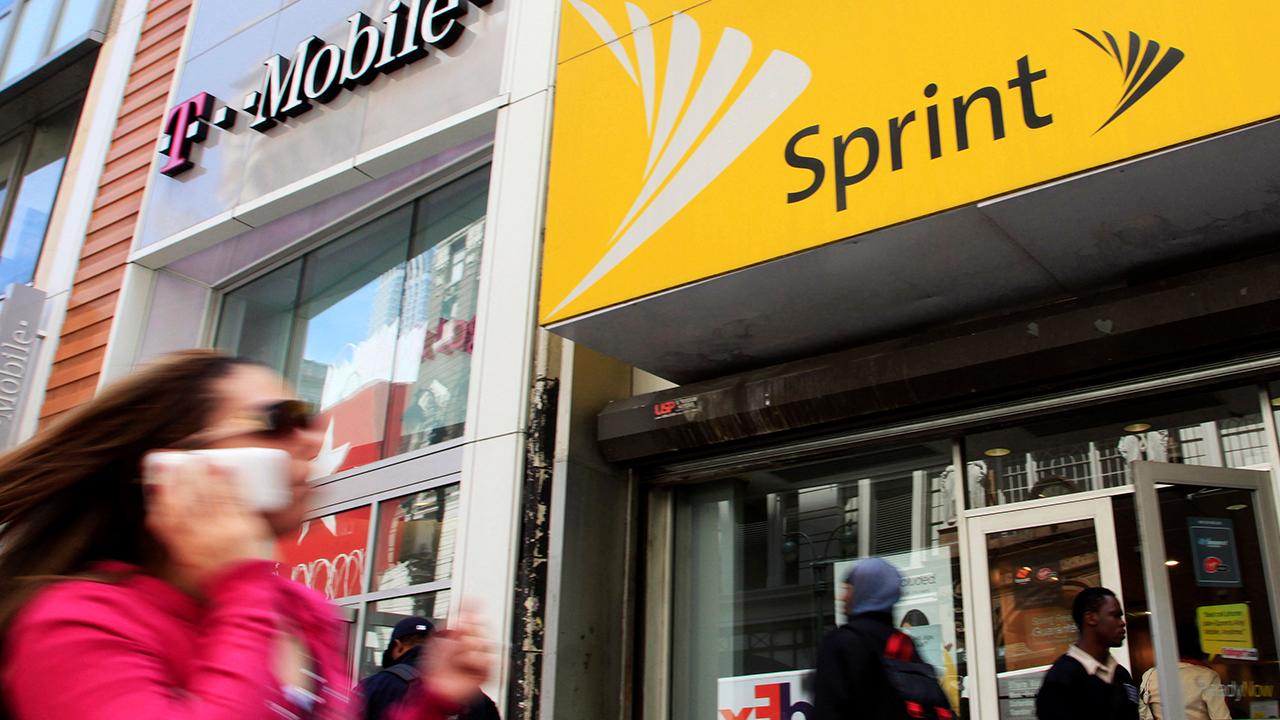Sprint, Comcast create tech to fight robocalls
$9.5 billion lost to phone scams each year
Nearly 18 billion robocalls were made in 2019. Sprint and Comcast want to reduce that.
The phone and cable companies announced they are using a novel call-authentication technology designed to protect customers of Sprint and Xfinity Voice landlines from spam.
“We've made great progress with our industry peers in developing ways to thwart nuisance calls, and we will continue to work relentlessly to stop them from reaching our customers,” Tony Werner, president of technology, product and xperience at Comcast, said.
The tool, dubbed Secure Telephone Identity Revisited, works by enabling voice providers to sign and verify caller-identification data to prevent or reduce spoof calls.
| Ticker | Security | Last | Change | Change % |
|---|---|---|---|---|
| S | SENTINELONE INC | 13.22 | +0.29 | +2.24% |
The companies began testing the technology in December last year and they will roll out the feature to customers in the coming months.
“This is a major milestone in the fight to help our customers protect themselves from unwanted robocalls that have become such a plague for the industry,” Sprint chief technology officer John Saw said in a company statement. “Our engineers have worked diligently with the teams at Comcast to bring this to fruition.”
But it’s not just the calls that are a nuisance. One in 10 Americans are scammed each year, resulting in an annual loss of $9.5 billion, according to a report in TechRepublic.
THE NO. 1 ROBOCALL SCAM AND STATES WHERE PEOPLE GET HASSLED MOST
Robocallers and scammers are part of what drives phone carriers to combat unsolicited calls. Sprint is also working with T-Mobile on call verification. The two firms agreed to merge in 2018 but the move is still pending approval from a federal judge.
FLORIDA JOINS 6 OTHER STATES IN DOJ DEAL FOR SPRINT, T-MOBILE MERGER
| Ticker | Security | Last | Change | Change % |
|---|---|---|---|---|
| CMCSA | COMCAST CORP. | 31.37 | +0.52 | +1.69% |
The Federal Communications Commission is asking phone companies that allow international robocalls into United States’ networks to help trace those calls. The agency’s enforcement bureau chief, Rosemary Harold, sent letters to seven gateway service providers asking for support in finding the origins of fake calls.
CLICK HERE TO GET FOX BUSINESS ON THE GO
Those letters are part of a concerted effort with the U.S. Department of Justice and other government agencies to implement rules, like the TRACED Act, which was signed by President Donald Trump to make it easier for customers to identify, and avoid spam calls.





















